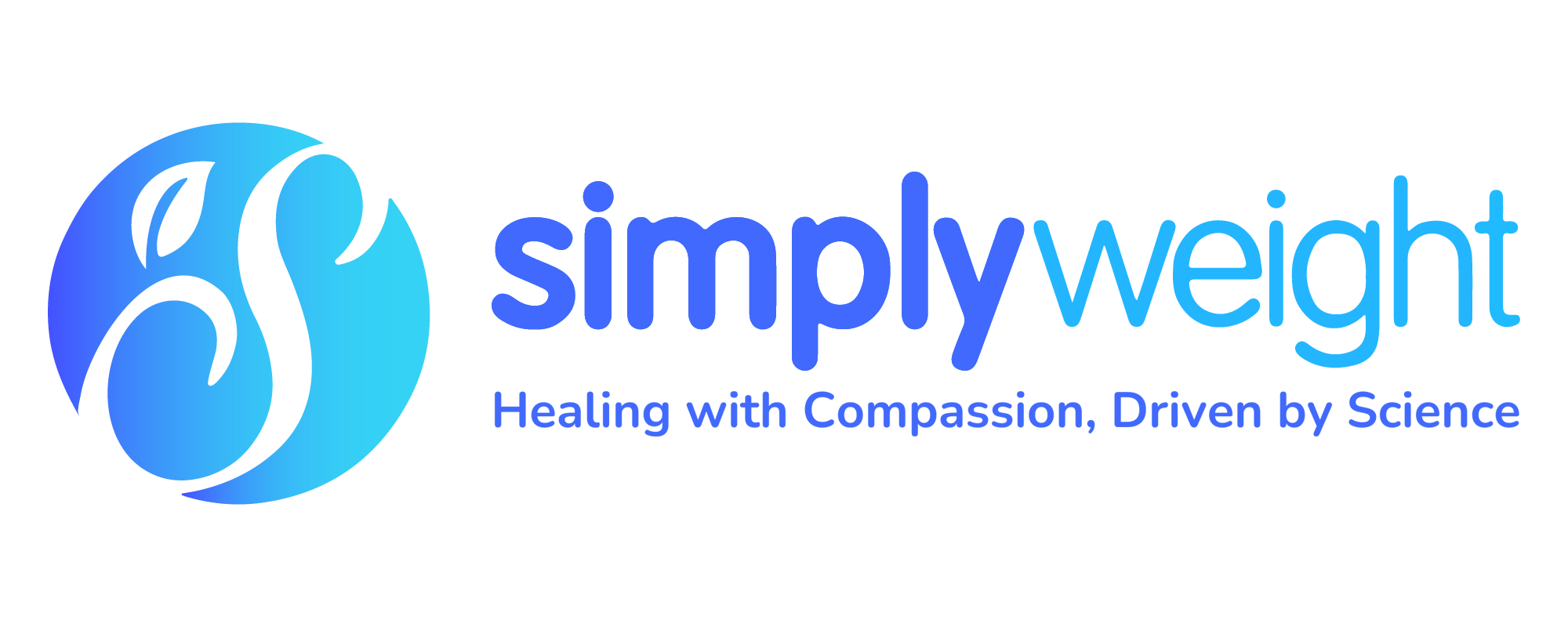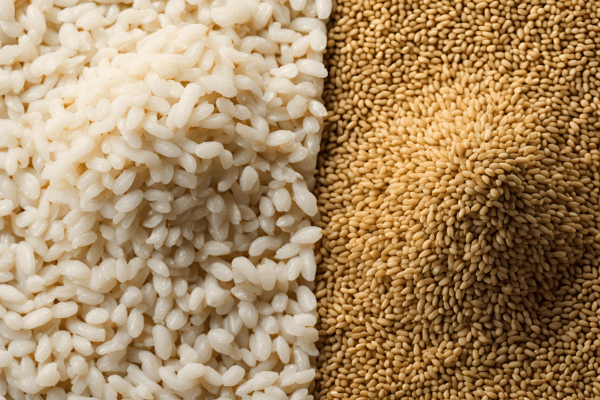To err is human, to forgive divine
Alexander Pope
Imagine you’re watching an enthralling thriller movie. As the story progresses, you and the rest of the audience develop empathy for the protagonists, as the script demands. Concurrently there’s a growing level of disdain and anger for the villain. They’re ruthless, scheming and with a shred of remorse.
Wouldn’t it be so satisfying to see the evil one get their comeuppance? After all, that’s justice. No need to feel bad for the bad guy. No need to forgive them.
Now let’s say you have been introduced to the villain, but in addition to knowing their treacherous side, the screenwriters have woven in a backstory for the character.
Perhaps a traumatic childhood or a devastating personal loss? Or maybe in some spectacular plot twist it is revealed that they were in fact the victim and now have no choice but to exact their own vigilante justice on the perpetrators?
How would you feel about them now? It’s likely that the audience would experience greater compassion and understanding to balance those earlier negative sentiments.
Of course, this is all well and good when we’re talking about fictional events. But what about when it’s personal, painful and raw? What if the hurt was caused by someone you thought you knew and trusted wholeheartedly for a long time. It may feel near impossible to understand another’s perspective when you haven’t yet healed the damage done to yourself.
And you’re not expected to understand or feel ready to forgive. Not immediately. Maybe not ever. This is a very individual matter and it is never helpful or healthy to force forgiveness when it simply isn’t there to give. But if you’re willing to delve deeper into your emotions and thought processes, you may just tap into an inner reservoir of peace and clarity that you never knew existed.
How you win by forgiving?
Forgiveness isn’t some new age concept you must succumb to in order to white wash the evil actions of others. Of course we must hold them accountable and speak up for what we believe is right. We need to have those difficult conversations if we feel the relationship is worth it and it feels safe to do so.
However, this process is about you, not them. Forgiveness is a solo act.
Whether or not someone is apologetic or deserving, we can deliberately choose to forgive them. Emotionally, spiritually and even medically, there are plenty of good reasons to try it.
Being in a perpetual state of anger or hurt can have serious consequences for your health. People who are prone to holding grudges are at greater risk of heart problems, high blood pressure, anxiety and reduced immunity.
Conversely, there is evidence to show that the act of forgiving can bring numerous health benefits including lower levels of anxiety, stress and depression, better heart health, a stronger immune system, reduced chronic pain and even better sleep!
Once any pent up resentment and anger is let go, you open the door to empathy and fresh understanding of the other person. It is possible that your relationship comes out of it even stronger.
It is true that there are people more naturally inclined to forgive than others but we can all endeavour to make forgiveness a way of life.
What is true forgiveness?
Saying “I forgive you” takes a great deal of strength. However, without forgiveness flowing from within, these may just remain empty words. To have truly forgiven someone, you need to have consciously released all negativity associated with that person and their actions.
Some may forgive because they feel like it’s the right thing to do, by their own values or by their religion. This can indeed be beneficial but it is far more liberating when you understand why you are choosing to forgive. This usually involves attempts to empathise with the other person and understand their perspective. Are they going through a particularly difficult period and unable to communicate that? Are they harbouring some personal resentment from the past that you may not even be aware of?
It could be that you are simply unable to find a justification for the person who has wronged you. Perhaps their actions, from your perspective, were fuelled by an evil trigger such as hatred, greed or envy and there’s no excuse for it. These people are never going to show up at your door with folded hands. In such cases, offering forgiveness can help to detach yourself emotionally from the person and allow you to maintain a safe distance from any negativity.
4 ways to make forgiveness a way of life
Start small
When we think of forgiving someone, it doesn’t necessarily need to be for some heinous crime. Compassion can be found in each moment. When your partner forgets to do the one thing you asked them to. When a friend forgets to wish you a happy birthday. When the dog forgets his toilet training. We can start by forgiving the little things more often.
Don’t have expectations
If your forgiveness is conditional on receiving an apology, you may be waiting a long time! Remember, forgiveness is a solo act and you are the main beneficiary. Don’t wait for the other person to repent and realise the error of their ways. That’s their journey to take, if and when they are ready to. Similarly, once you have forgiven them, do not expect that they will miraculously change their ways and never repeat the same offence. Keeping an even mind throughout this process will save you a lot of heartache later on.
Set healthy boundaries
We subscribe firmly to the “don’t be a doormat” brand of love and compassion. Simply put, you can love and forgive someone 100% sincerely from the bottom of your heart, and still not choose to have a relationship with them, at least outwardly. If you find a person to be so toxic that being in their presence causes you anxiety and stress, you need to step away to preserve your own energy and health.
Unfortunately, it quite often happens that our deepest wounds are caused by members of our own family. Perhaps life intends it to be that way so that we are all forced to face some of our greatest life challenges within the family unit.
You may not be able to entertain a relationship with such a person, but if possible, inwardly offer loving thoughts so that they may change themselves for the better. By doing this, you also dissolve any negative mental connection you have with the person, for attachment by thought is still keeping them in your life.
Forgive yourself
You are the first person who deserves and needs to be forgiven, even if you’re not feeling that way right now.
We cannot hold a space to forgive others if we are unable to forgive ourselves.
Speak to yourself with kindness when reflecting on any past errors. We all act according to the level of awareness we have in each moment and this is constantly evolving as we grow. What you thought was right 10 years ago may not be agreeable to your present self. What you believe now may shift monumentally in the next 5 years.
Simplyweight’s Specialist Online Weight Loss Plan has been designed to bring decades of clinical experience to people at an affordable price. To learn more, start your 7-day free trial today: https://app.simplyweight.co.uk/subscribe/free-trial
Kiruthika Rajeswaran,
Co-Founder, Simplyweight





